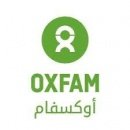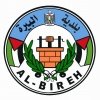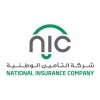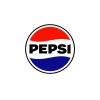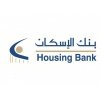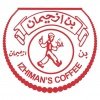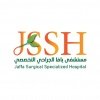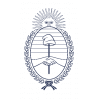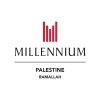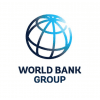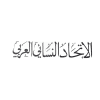Sector review of the sheep & goat small ruminants
Background
Women and men are more market ready;
Women and men engage more sustainably and profitably in value chains; and
Women and youth are more economically empowered.
Souqona being implemented by the CARE consortium.
Takamol being implemented by the Oxfam consortium.
Ghalleh being implemented by the APHEDA consortium.
Purpose
The extent to which the activities implemented by the two organizations have addressed the pre-identified constraints on the small ruminants/dairy value chain,
How progressed the interventions are in terms of executing the strategy and realizing the vision in each area.
Areas for further collaboration between CARE and Oxfam that could help secure the vision and sustainable outcomes in each area.
Responsibilities/ Tasks
Literature review: prior to commencement of the assignment, literature review of the vegetables’ interventions carried out by both organizations and meetings should be conducted with the Consortia members, Advisors and the Donor.
Provide a work plan to be approved by the consortia indicating the tools and approach to be used.
Provide updated statistics about the targeted private sector actors pre-and post the interventions.
List and provide a brief description about other donors’ interventions/projects in this sector, including mapping out stakeholders and whether any part of the chain has been worked by farmers themselves, informal groups, CBOs/ cooperatives/ social enterprises/ (SMEs), or even large private sector.
Review and document the interventions and business models that were implemented by Oxfam and CARE through AMENCA 3 that include but are not limited to:
Description of the concept of the business model.
Tools and techniques that were used.
Improved inputs/techniques/capacity building that were used and a summary of their results on improving quality and quantities.
Engagement of private sector actors.
In cooperation with the ANGOs identify areas of overlap and actions that need to be taken.
Dynamics of the introduced business models and comparison BEFORE and AFTER. Did the interventions make a difference?
• How have the interventions made a difference?
• Will the intervention work elsewhere i.e. replicable and scalable?
To identify actions to maximise synergies between the organization.
Sustainability of the business models and the relation between the PS and farmers in addition to scalability of the models.
Develop an exit strategy for this sector in corporation with the Oxfam and CARE representatives.
Lessons learned including gender and social inclusion aspects and recommendations for improvements and for any future interventions/projects.
Presentation of the findings in a workshop including all the relevant stakeholders.
Beneficiaries under AMENCA 3 and geographic areas
Deliverables
Work plan with detailed approach, including the timeframe explaining implementation of the required tasks.
Comprehensive report covering all the above mentioned tasks. The report to be structured in two main chapters, the first chapter on the review exercise including highlights on impact, documentation of learning and recommendations around scope, partnerships, implementation approach, key objectives and outcomes, etc… The second chapter to focus on the direction for the new phase design including key areas of intended change and outcomes – based on the Market System Development approach. It should include also infographics highlighting the major achievements.
Detailed references used, and names of interviewed/participated people.
Duration
Reporting Relationship
Qualifications of the consultant/consulting firm
It is preferable to have a team of at least 3 experts to include:
Team leader with good experience in designing, managing or evaluating market systems development programmes
Business Development/Programme expert with a proven track record in sector and interventions review
Gender/ WEE expert.
Professional experience conducting sectoral, clusters, value chains reviews and analysis.
Advanced and demonstrated data collection skills both qualitative and quantitative data.
Excellent communication and interpersonal skills
Excellent reporting skills in Arabic and English.
Past experience in working with international NGOs and Donors’ development programmes.
Knowledge about social inclusion and gender aspects.
Ability to manage the available time and resources and to work to tight deadlines.
Application Process
Company/Individual profile including past experience, similar assignments and similar products.
CV/s of proposed staff and their responsibilities, in addition to three references.
Technical proposal explaining the approach and clear activities.
Payment and contracting method
- 20% of total value of consultancy will be paid upon the signing of agreement and the submission of the inception report.
- 40% of total value of consultancy will be paid upon the submission of first draft report.




